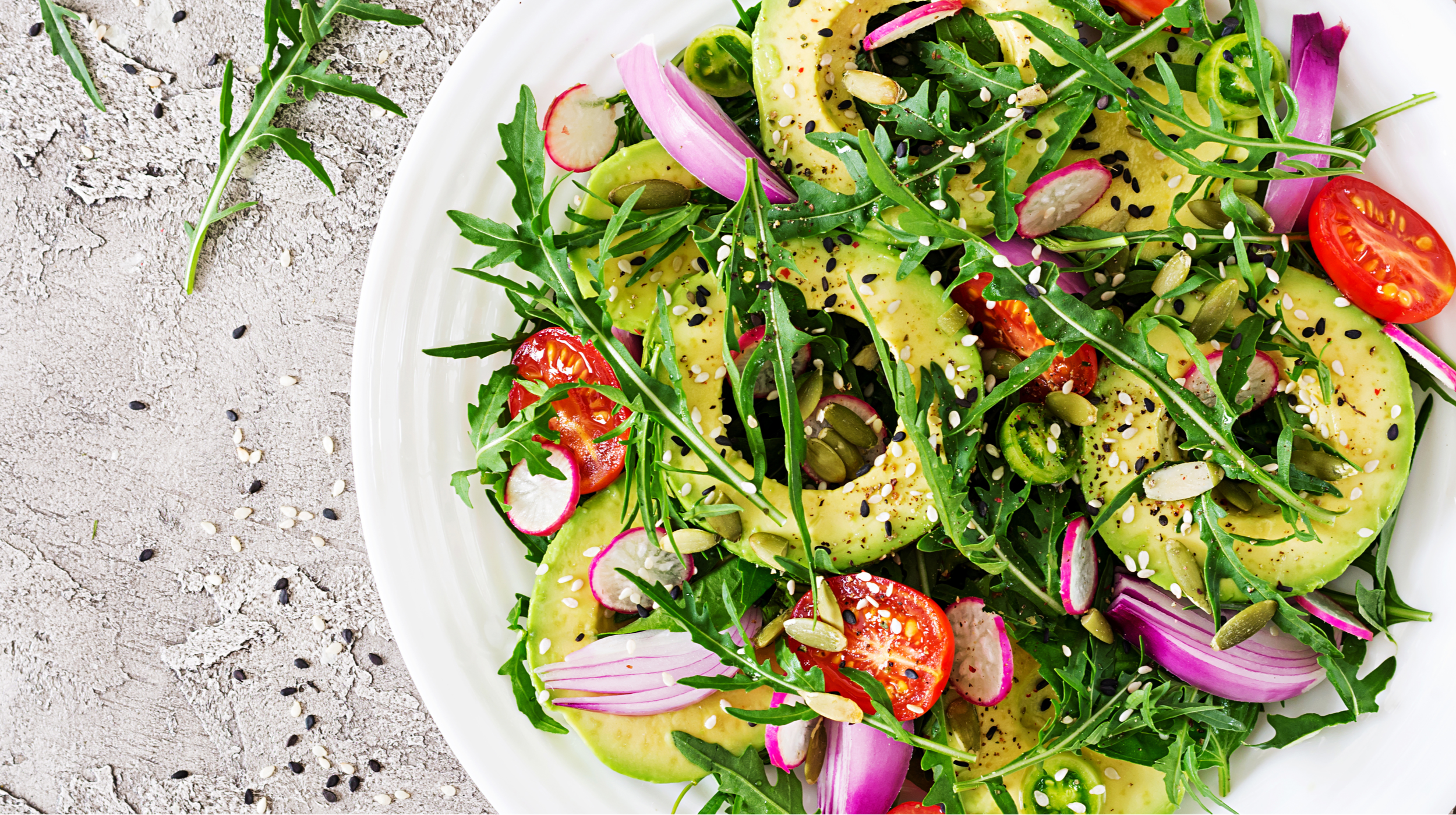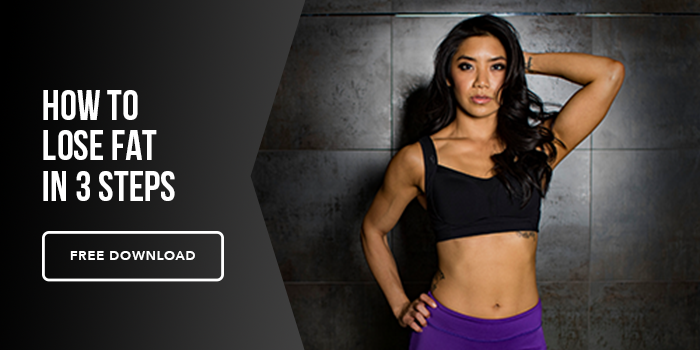Have you heard the saying, “You can’t out train a bad diet.” Well, I’m here to say there is some merit to that.
Yes, nutrition is very important for losing weight. Can you lose weight without changing your nutrition habits? Of course, but that would mean you need to rely on expending more energy (hence burning calories) as your only means of staying in a calorie deficit. For the average person, it’s a lot easier to make nutrition adjustments than to work out longer or harder when they hit a plateau. Hitting a plateau is inevitable if you are just relying on exercise to lose weight, because your body will eventually to adapt to the stimulus you have imposed on it, and you won’t burn as many calories.
Proper nutrition practices are vital for weight loss, and for keeping it off. When we think of implementing nutrition strategies, many people think they need to go on a special diet to achieve weight loss. From the Keto diet where fat is king, or emphasizing protein on the Atkins diet, diet culture has convinced people into thinking that a commercialized diet is the answer to their problem.
You don’t need to focus on one macronutrient; in fact, a healthy balance of fat, carbohydrates, and protein will keep her body in a state of homeostasis, producing optimal functional systems throughout the body. A happy, stable body is much more likely to respond well to weight loss practices than one that is in a hyper-stressed state. Ultra-low calorie diets, heavily reducing a macronutrient group, and micronutrient deficiencies are just some of the reasons why your body is not primed to lose weight.
So then what do you do? How do we use nutrition as a tool to lose weight? Here are a few things to consider:
In general, whether you are reducing your calorie intake or not, around 50% of your diet should come from carbohydrates, 30% from fat, and 20% from protein. Those who are more athletic may have a higher carbohydrate and protein intake to ensure their energy and recovery needs are met, but these are typical percentages the average person can follow.
Start by adding more of the “good” foods, and reducing the “bad” foods. I hate labelling food as good or bad, so let’s say nutrient-dense foods over heavily-processed foods. You don’t need to completely overhaul your diet; start by tackling one meal over the course of a few weeks by swapping out a meal that probably isn’t as nutritious as it could be. One example could be meal prepping egg muffins for the week, instead of grabbing a bagel with cream cheese as you’re running out the door in the morning.
Start reducing sugar by keeping alternatives close by. If you love indulging in your midday Coke, try a flavored sparkling water instead. Again, you don’t need to go cold turkey, but elevated blood sugar levels and insulin resistance caused by high-sugar diets have been linked to weight gain.
Make sure you are getting enough protein. Meeting your daily protein requirements is a great nutritional tool to maintain satiety and prevent cravings. The best way to get your protein intake in is by spreading it out throughout the day. Your body will respond a lot better to 3 or 4 meals with adequate protein than one heavy-protein meal. If you are having trouble meeting your protein requirements, Organifi has a great protein shake option.
Nutrition can make or break your weight loss goals. As I mentioned, you don’t need to do a complete 180 overnight when it comes to your nutrition habits. Setting new nutrition goals for yourself can be challenging, but be patient with it and know that weight loss is just one of many benefits when you start eating better. It helps to get into the mindset of adding more quality choices to your meals than taking away the things you love. You can still enjoy food that tastes great, while still losing weight.






